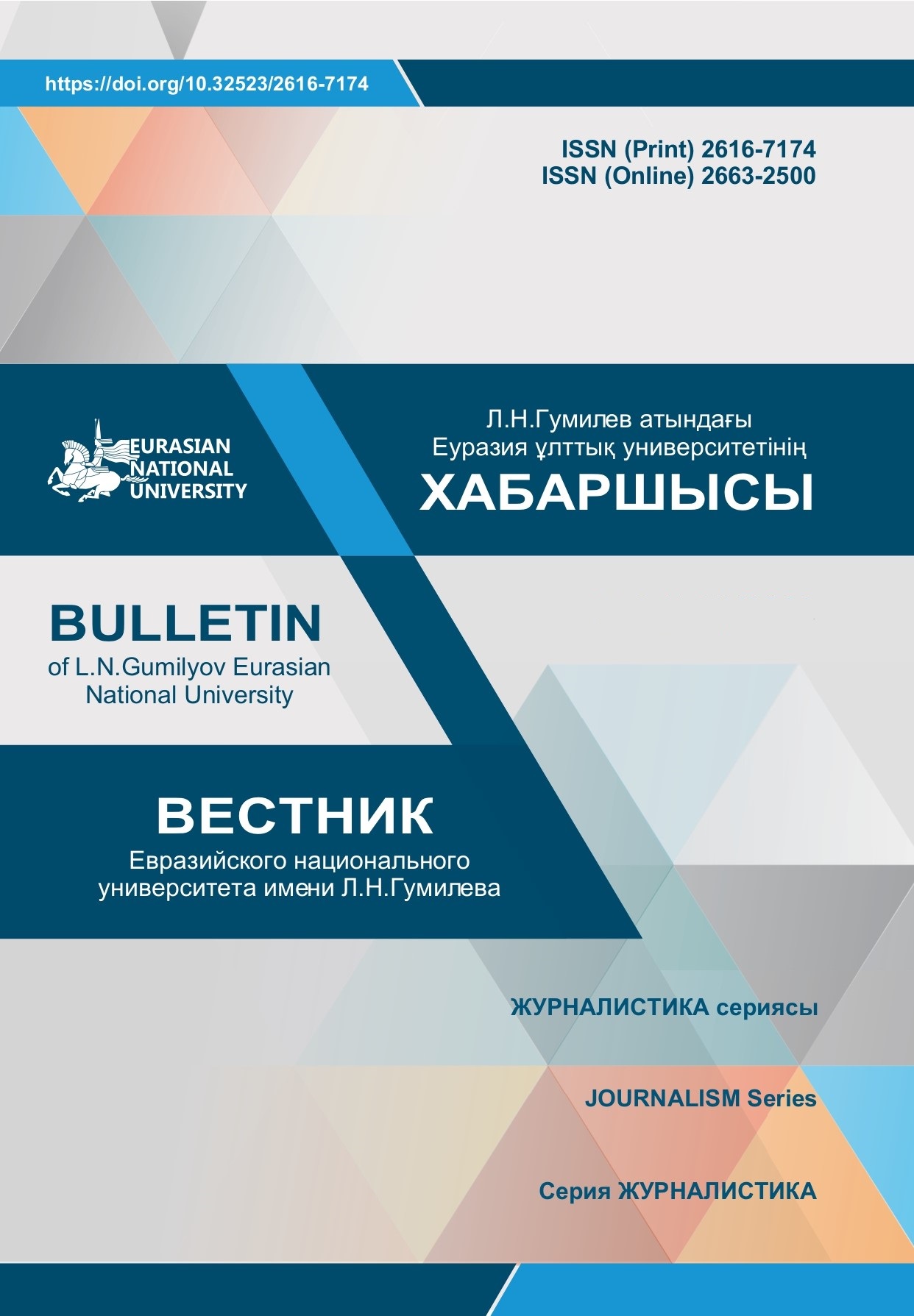Problems of fake news analysis in social media
Views: 335 / PDF downloads: 407
Keywords:
fake news, fake news classification, social media, social networks, misinformation, literary reviewAbstract
This paper has attempted to theorize about the phenomenon of fake news creation and dissemination in the modern media space. The concept of "fake news" is defined as "the intentional presentation of false or misleading information as news reports, manipulating users' biases and heuristics". The problem of misinformation and information manipulation is quite global, and it is also relevant for Kazakhstan. In today's world, there is a decline in trust in key institutions of society, including the media. For instance, content emerges in social media without editorial expertise, so false claims can spread much further, faster and with greater consequences than reliable news. The authors conducted a systematic review of the literature on the phenomenon of fake news based on scientific evidence from reputable sources. Previous research has been based on an empirical methodological approach to the study of fake news and its impact on user behavior, but the systematic review method expands current knowledge: it covers a wide range of disciplines studying fake news, highlighting the growing interest in the topic; reveals unique characteristics underlying fake news that can be applied to identify them; and summarizes questions and suggestions arising from the theoretical framework. The phenomenon of fake news is a new area of research in the field of journalism, business and marketing, in view of which this study makes a large contribution to the theoretical development of the above-mentioned problem.


